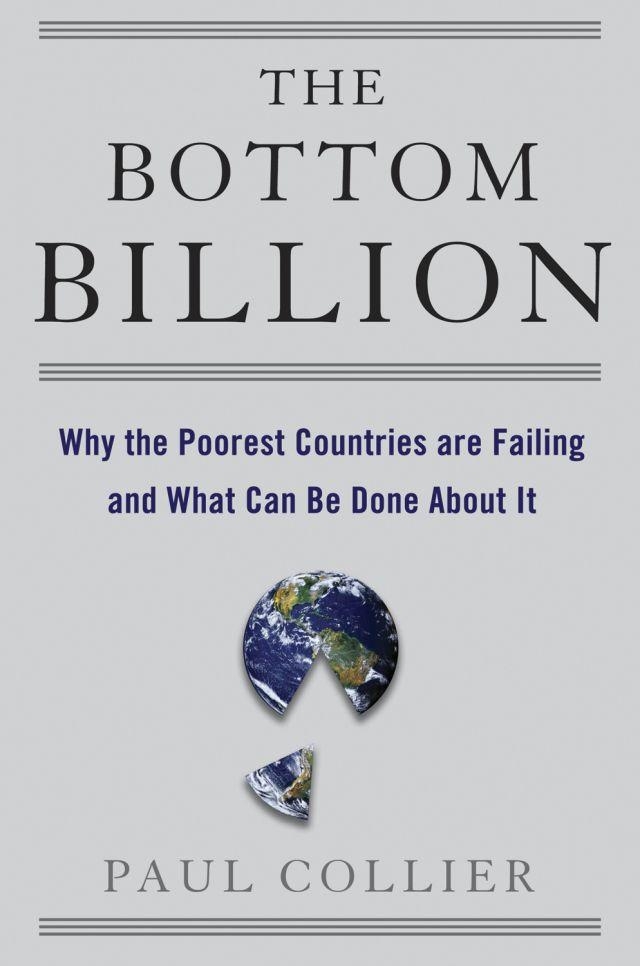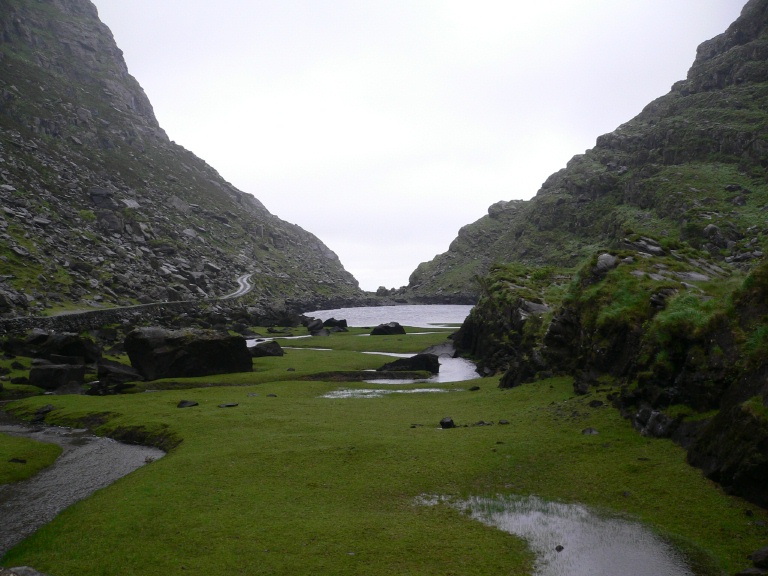 This review, which I wrote, appeared previously on a different Web site. If you want the link to the original, please leave a comment below and I will contact you directly. If you want me to view it without publishing your name, I'll gladly do that. I keep no list of readers, so I won't sell it anywhere.
This review, which I wrote, appeared previously on a different Web site. If you want the link to the original, please leave a comment below and I will contact you directly. If you want me to view it without publishing your name, I'll gladly do that. I keep no list of readers, so I won't sell it anywhere.During an International Women's Day event at the United Nations in 2007, former UN undersecretary general for communications and public information Shashi Tharoor told the audience that the way to change the world could be summed up in two words: "Educate girls."
The beauty of Tharoor's advice is that it is easily articulated. And no doubt it would go a long way toward solving many of the most persistent problems in the world today if it were widely adopted. But as former World Bank economist Paul Collier explains in his new book The Bottom Billion, the plight of the world's most impoverished people is not simply a matter of education. Indeed, while Collier shares Tharoor's enthusiasm for educating girls, he is far more concerned about the rate of development in the world's poorest nations.
In the book, Collier argues that the challenge for mankind going forward is painfully stark. "By 2050," he writes, "the development gulf will no longer be between a rich billion in the most developed countries and five billion in the developing countries; rather, it will be between the trapped billion and the rest of mankind."
Why? After noting that the situation has changed dramatically over the last four decades, Collier explains that the countries whose populations make up the bottom billion are distinctive not only in their poverty but in their inability to develop economically. According to Collier, the decline of the countries where the world's poorest people live is not just relative; it is absolute. "Many of these countries are not just falling behind," he writes, "they are falling apart."
Collier doesn't subscribe to the idea that poverty is cultural or intractable — if either were the case, he notes, India and China would not be rising economic powers. Instead, he and his team of international researchers examine the traps — lack of natural resources, corruption and bad governance, proximity to bad neighbors — that ensnare poor countries in destructive cycles of conflict and violence. And should a poor country somehow manage to escape those traps, it faces the additional challenge of trying to compete in a global economy that is not as welcoming to new entrants as it was during the 1980s.
Indeed, Collier's attempts to strike a hopeful note often ring hollow, and his analysis throughout the book is tinged with pessimism. Like other economists, he notes that international aid has been largely ineffective in resolving the problems of poor countries. And while he concedes that rock stars and celebrities have helped to bring needed attention to the plight of the bottom billion, he is dismissive of most celebrities' grasp of the complex economic and political realities that undermine poor countries' development prospects.
What is needed, Collier explains, is a range of policy instruments that encourage countries to take steps toward change, including policies that enable African countries to export their goods and place them on a "productivity escalator." Yet, many of the tools traditionally used to help the world's poor are rendered ineffective by bureaucratic inertia and/or infighting. "Our support for change can be decisive," Collier writes. "But we will need not just a more intelligent approach to aid but complementary actions using instruments that have not conventionally been part of the development armory: trade policies, security strategies, changes in our laws, and new international charters."
Not even democratic elections offer much hope. Somewhat surprisingly, Collier's team of researchers found that elections neither help nor hinder a country's development prospects. Instead, they seem to shift the risks that continually loom as a threat to those prospects. "In the year before an election, the risk of renewed conflict goes sharply down [while] in the year after an election the risk goes sharply up," he writes. "Elections may be desirable for all sorts of reasons," he adds, "but they do not seem to make the society safer."
So, too, the role of nongovernmental organizations. In the book, Collier relates a story about Christian Aid, a respected British charity, which launched an anti-free-trade ad campaign in which a capitalist was portrayed as a pig sitting atop a peasant. No fan of Marx, Collier writes that the message was "grotesquely" wrong and that "Trade policy is the area of economics least well understood by the NGO world."
In fact, of all the tools employed to address the problem of conflict traps in poor countries, Collier is most skeptical of trade, especially when applied to post-conflict situations. In such situations, he argues, key basic services should be delivered by an independent service authority, which would enable donor governments to coordinate their response without overloading a weak post-conflict government. Even then, however, the key to success is identifying exceptional homegrown leadership that is able to foster reconciliation while avoiding the trap of corruption.
In the end, Collier takes politicians on both the right and left to task for tolerating the plight of the world's bottom billion as long they have. "If nothing is done about [it]," he warns, "this group will gradually diverge from the rest of the world economy...forming a ghetto of misery and discontent."
And that would be a disaster for all of us.
 At long last, I've printed out the latest iteration of my novel. Although I started reading Christopher Moore's Island of the Sequined Love Nun on Friday, I'm going to have to put that on hold for a little bit, as I want to reread my book again. I probably won't send any queries out this month, despite my initial plans to start by June 30, because I want to make sure that there's no stupid errors in there. The close of the month — indeed, the first half of the year — is fast coming upon us. But the deadline is self-directed. I will send queries when I've finished my homework.
At long last, I've printed out the latest iteration of my novel. Although I started reading Christopher Moore's Island of the Sequined Love Nun on Friday, I'm going to have to put that on hold for a little bit, as I want to reread my book again. I probably won't send any queries out this month, despite my initial plans to start by June 30, because I want to make sure that there's no stupid errors in there. The close of the month — indeed, the first half of the year — is fast coming upon us. But the deadline is self-directed. I will send queries when I've finished my homework.

